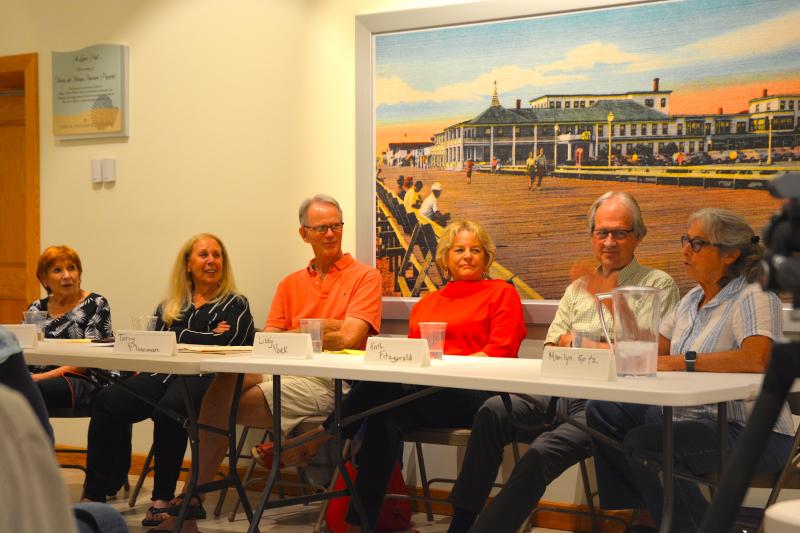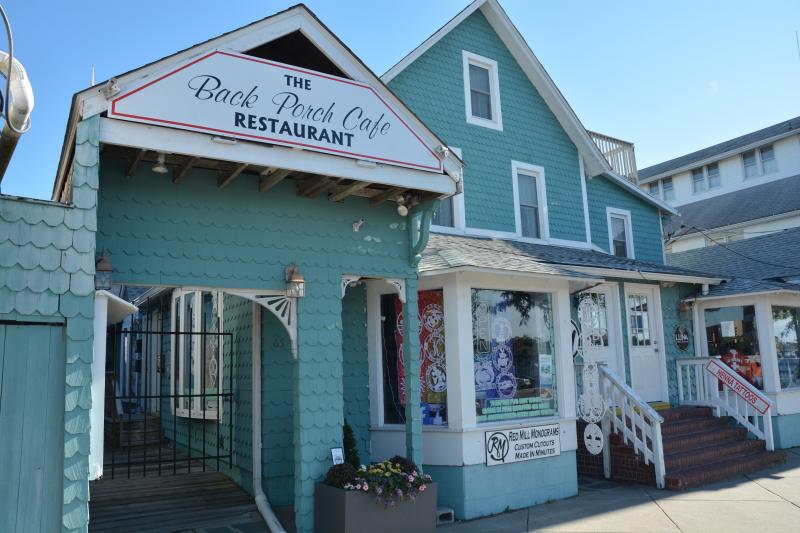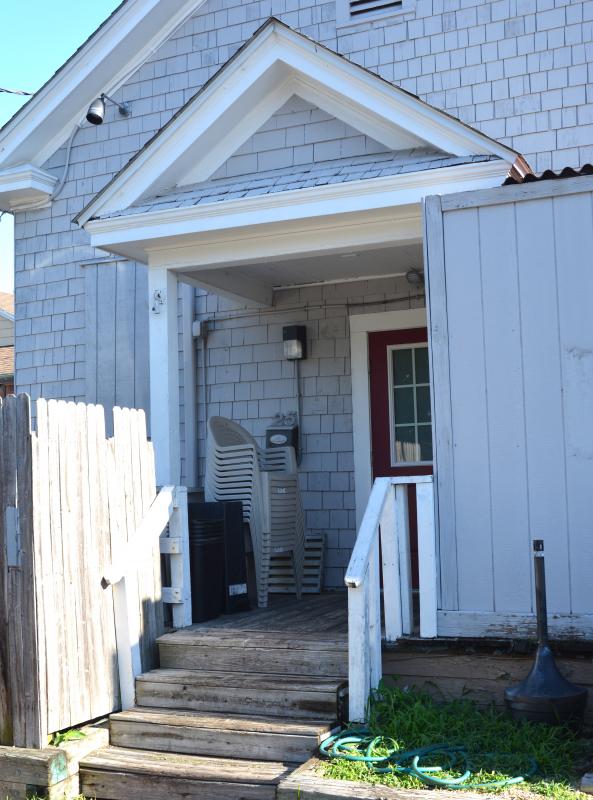Restaurateurs reflect on Rehoboth’s culinary beginnings
Nowadays, the Rehoboth Beach restaurant scene is a thriving, year-round industry. That wasn’t always the case, and a handful of the former restaurateurs who laid the groundwork for today’s current environment recently participated in a discussion on how things have changed over the past few decades.
The Beginnings of the Restaurant Renaissance of Rehoboth Beach was hosted by the Rehoboth Beach Museum June 22 and featured Sydney Arzt, who owned Sydney’s Side Street; Joyce Felton, Blue Moon; Terry Plowman, The Front Page; and Libby York, Keith Fitzgerald and Marylin Spitz, who at one point or another owned The Back Porch Café.
Libby York, one of the founders of the Back Porch Café on Rehoboth Avenue, said she can remember a member of the Papajohn family, which owns the Boardwalk property on Rehoboth Avenue where Candy Kitchen, The Ice Cream Store and others are located, coming over to see the kitchen renovation taking place and asking where the deep fryer was going to be.
They were a group of hippies trying to do something that didn’t exist yet, said York.
None of the six panelists were originally from Rehoboth Beach, but a beach-themed way of life attracted them from New York City, Baltimore, Philadelphia and Washington, D.C.
The main appeal was that it was seasonal, said Fitzgerald, shrugging in a yes-I-said-it manner.
Arzt said she moved to the area as a recently divorced mom who no longer wanted to be an elementary school teacher. She said she was looking for a simpler way of life, which garnered a laugh from everyone in the room, because restaurants are not simple.
Arzt said not knowing what she didn’t know was actually helpful when starting her business. She and her fellow pioneers were able to survive on their entrepreneurial spirit, she said.
Over the past decade, hundreds of the city’s old beach cottages, bungalows and other historic buildings have been demolished in favor of larger structures. Retrofitting buildings for restaurants was painstaking work, but the panelists took pride in saving historic Rehoboth properties.
“These buildings would be gone if not for the businesses,” said Fitzgerald.
Plowman said when he opened his restaurant on Baltimore Avenue, people commented that the business was great, but they wanted to know why he opened a restaurant so far off the beaten path.
Felton said she took an if-we-build-it-they-will-come approach. There was a time during the winter when the restaurant would be open and the number of cars on Rehoboth Avenue could be counted on one hand, she said.
“We played a lot of Scrabble and watched a lot of Wheel of Fortune,” said Felton.
To a person, the panelists said the community of restaurant owners looked out for each other. There was competition, but the different restaurants were each able to find their niche, said Arzt.
“I don’t know if that would be possible now,” she said.
Plowman said starting a business takes a lot more capital these days. It would be impossible to start a restaurant now on a shoestring budget by maxing out credit cards or selling a car, he said.
Plowman credited Felton with being one of the first restaurateurs to operate multiple businesses. Plowman listed off local restaurant groups with multiple eateries now – SoDel Concepts, La Vida Hospitality, Big Fish Restaurant Group – but at the time there wasn’t anyone doing that.
Felton said it wasn’t all butterflies and rainbows. There was an effort to cooperate with the city, but some rules were meant to be adhered to, while others were meant to be challenged or bent, she said.
“There was a tremendous amount of painful growth,” said Felton.
The proliferation of Route 1 restaurants seems inevitable now, but at the time most of the panelists opened their restaurants, Route 1 was still mostly undeveloped. Looking back, Arzt said she would have pushed harder for the city to find parking solutions that would allow today’s restaurants to compete with those on the highway that have free parking.
Not all the proposals would have worked, but something should have been done, she said.
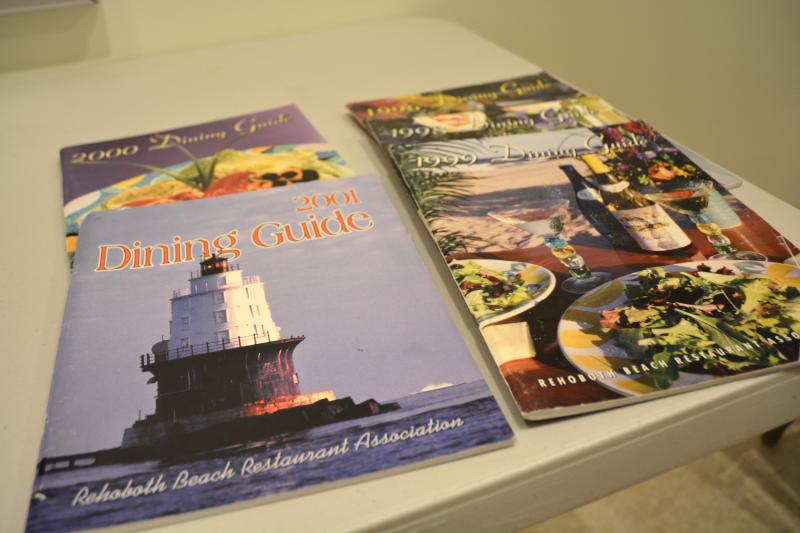
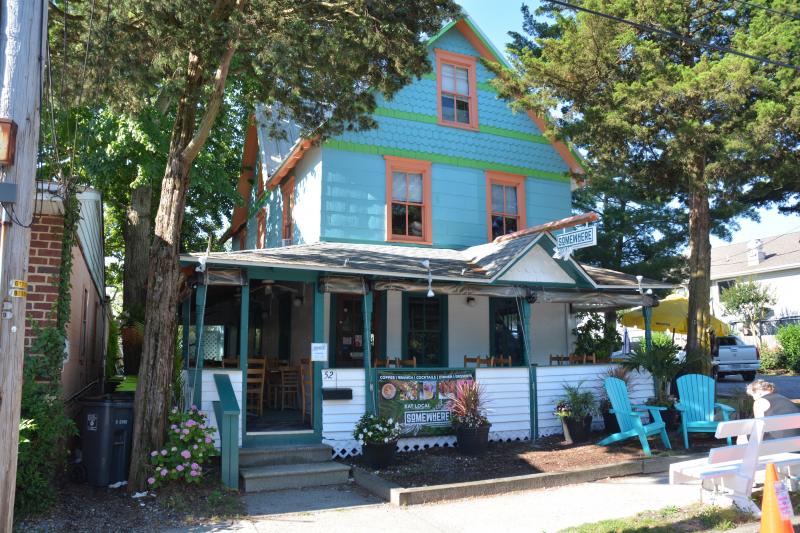
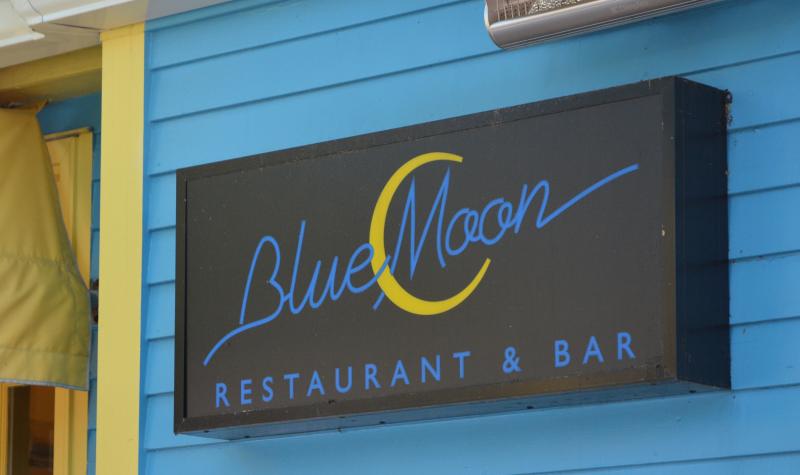
Chris Flood has been working for the Cape Gazette since early 2014. He currently covers Rehoboth Beach and Henlopen Acres, but has also covered Dewey Beach and the state government. He covers environmental stories, business stories and random stories on subjects he finds interesting, and he also writes a column called Choppin’ Wood that runs every other week. He’s a graduate of the University of Maine and the Landing School of Boat Building & Design.











